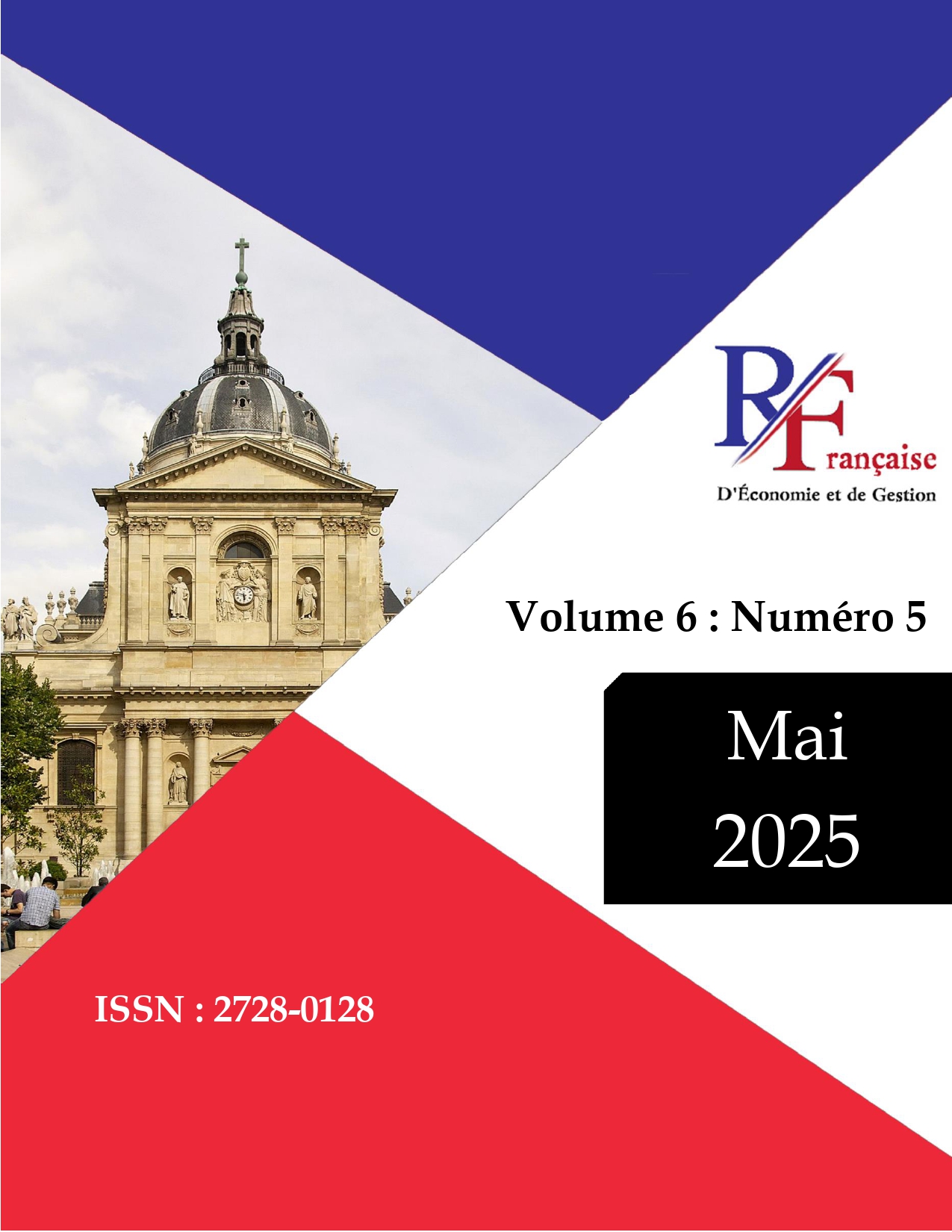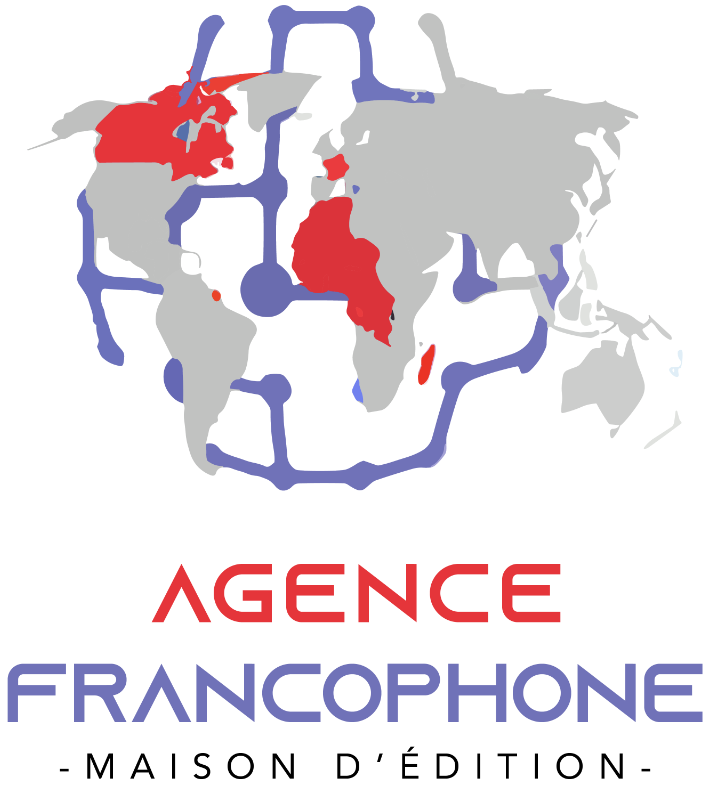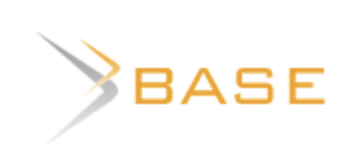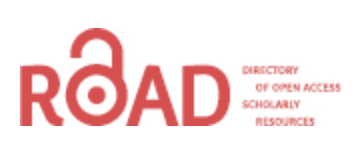Boycott and Beyond: What Morocco’s Consumer Protection Rights Reveal
Mots-clés:
Consumer rights, Morocco, Boycott behavior, Institutional trust, Consumer associationsRésumé
This article presents a critical evaluation of Morocco’s consumer protection system, focusing on its legal architecture, institutional framework, and the role of civil society. It analyzes the legislative foundation laid by Law 31.08 (2008, updated in 2014) and complementary developments such as the introduction of e-commerce protections (Law 28.07) and the reactivation of the Competition Council. While these reforms reflect alignment with international norms—including the UN Guidelines for Consumer Protection and EU consumer law—important challenges persist. These include vague legal definitions, sectoral gaps (especially in health and finance), inconsistent enforcement, limited regulatory coordination, and the constrained legal and financial capacities of Consumer Protection Associations (CPAs).
The article further reflects on the 2018 nationwide boycott as a critical episode that exposed institutional visibility, public dissatisfaction, and the role of informal civic protest in shaping perceptions of market fairness. Rather than attributing causality, the article uses this moment to reflect on the broader challenges of regulatory legitimacy, institutional trust, and civic engagement. The conclusion highlights avenues for future interdisciplinary research on trust, economic justice, and consumer-state dynamics in the context of Morocco’s evolving regulatory landscape.
##plugins.generic.usageStats.downloads##
##submission.downloads##
Publiée
Comment citer
Numéro
Rubrique
Licence
Copyright (c) 2025 CADIMI Ikram, Cheklekbire MALAININE

Ce travail est disponible sous licence Creative Commons Attribution - Pas d’Utilisation Commerciale 4.0 International.




















